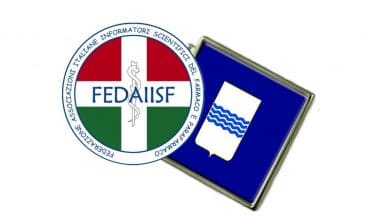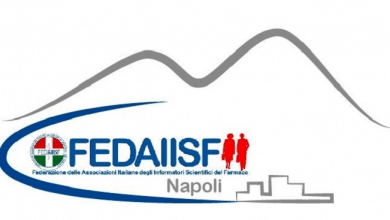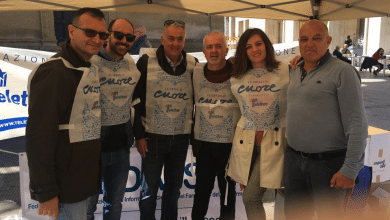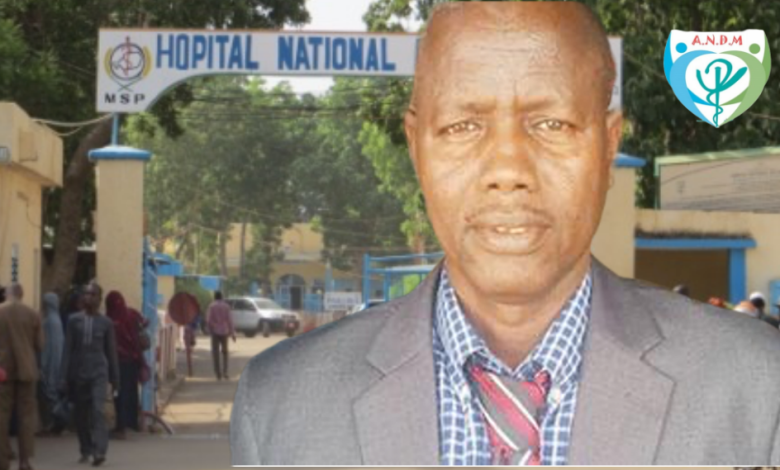
Last month, the National Association of Scientists in Niger renewed its board. Mustapha Abbagana was elected president, succeeding Inazel Albachir. In countries 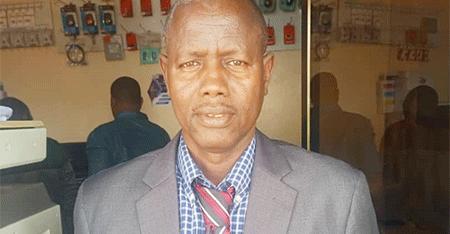 Francophones the ISF are called Délégués Médicaux, translated Medical Delegates.
Francophones the ISF are called Délégués Médicaux, translated Medical Delegates.
We report the interview that the president gave to the local press mainly for two reasons: 1 that even in a country like Niger the ISFs (Medical Delegates) are not sellers nor are they defined as sales representatives and, 2, that "the whole world it's country”
Mr. Abbagana Moustapha, President of the Nigerian Association of Medical Delegates (ANDM): “Medical Delegates to give their contribution in healing the sick… »
Mr. President of the Nigerian Association of Medical Delegates, what concrete role does a medical delegate play in the field of health?
Thank you for this opportunity you are giving me to talk about our profession. First, it should be noted that the pharmaceutical enterprise today is an industry unto itself. It produces goods that affect people's health. Anyone who talks about industry is also talking about the marketing of products but also about the promotion of the sector. This brings us to the role of the medical delegate in the health sector. It is the intermediary between the laboratory and the many professionals in the medical or paramedical sector (doctors, pharmacists, etc.). It aims to ensure that professionals in this sector have more knowledge of the products of the company it represents. But I want to clarify that the medical delegate is not a salesman, he is the link between the company and the doctor to let him know about the new drugs. Its mission is to inform and demonstrate the efficacy of the product and, indirectly, promote appropriate prescribing to patients.
What are the requirements for a career in this profession?
The medical delegate must possess certain qualities necessary to carry out his mission. It's a difficult profession. Must have at least a diploma and BAC+1 (ed: first level university diploma) and must be determined and organized in the performance of their work. He must also have a sense of communication and good human contact because he will come into contact with many doctors. The medical delegate must be a medical informant, i.e. he travels the target area that constitutes his sector for 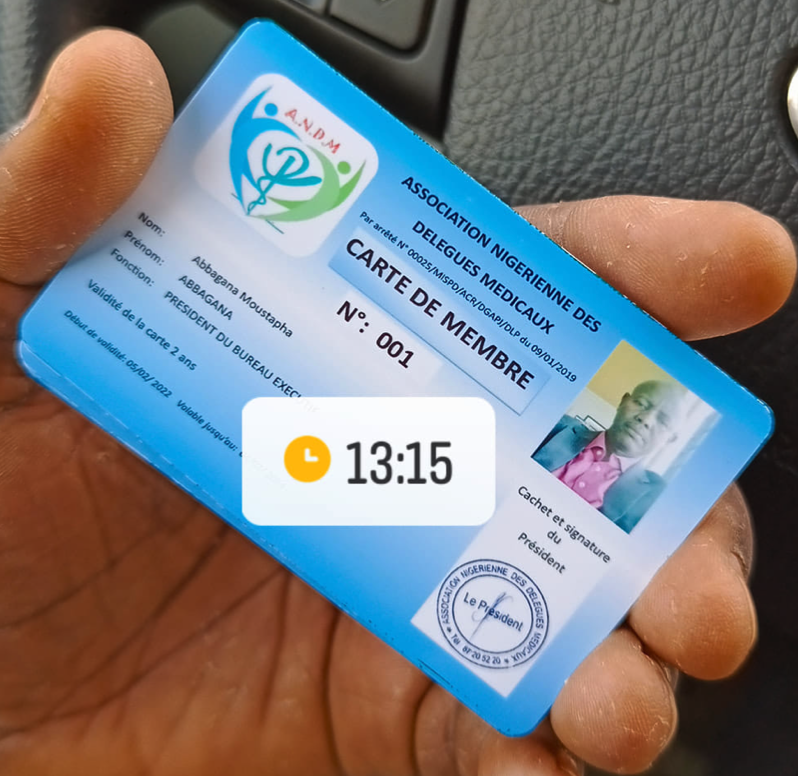 introduce new medicines to doctors in hospitals or clinics. He is not a salesman, however, he must know all the communication techniques to speak with general practitioners or specialists in order to present them with the products marketed by the company he represents. He describes in a precise and detailed manner the characteristics of the new drug, describing its composition, contraindications, side effects and instructions for use. For this reason, by virtue of his training, he needs a certain scientific background to carry out his activities. This is why we are organized in the Nigerien Association of Medical Delegates (ANDM): to organize our working environment and ensure among other things the training of medical delegates on medicines because the profession requires them to be up to date on the drug information. Delegates must therefore undergo continuing education courses, seminars or other activities related to the sector.
introduce new medicines to doctors in hospitals or clinics. He is not a salesman, however, he must know all the communication techniques to speak with general practitioners or specialists in order to present them with the products marketed by the company he represents. He describes in a precise and detailed manner the characteristics of the new drug, describing its composition, contraindications, side effects and instructions for use. For this reason, by virtue of his training, he needs a certain scientific background to carry out his activities. This is why we are organized in the Nigerien Association of Medical Delegates (ANDM): to organize our working environment and ensure among other things the training of medical delegates on medicines because the profession requires them to be up to date on the drug information. Delegates must therefore undergo continuing education courses, seminars or other activities related to the sector.
Can you tell us about the relationship between medical delegates, health professionals and the Ministry of Health?
Medical delegates are at the heart of the health system. In fact, they are the first in direct contact with the manufacturing company but also with doctors, pharmacists and wholesale distributors. Our relationships with all these health professionals consist of promoting knowledge or distribution of the products that the pharmaceutical company makes available to them by explaining their characteristics. As for the Ministry of Health, it is our regulatory authority. As part of the registration of medicines, we submit our dossiers for the approval of medicines in order to make them available to prescribers and pharmacists. Therefore, our work is carried out in compliance with applicable laws and regulations.
Mr. President, people often complain that medical delegates visit health professionals during outpatient hours, they take their time for their business without worrying about waiting patients. What does he answer?
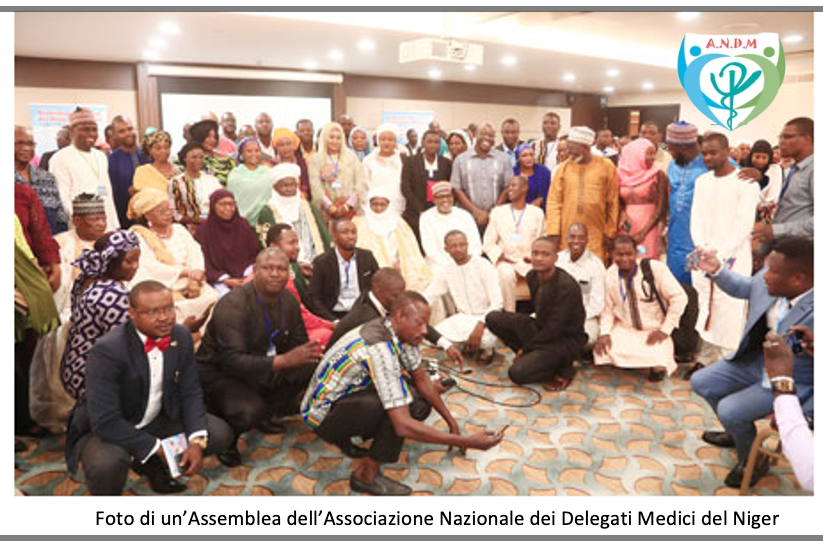 We are aware that many people are unfamiliar with the profession of medical delegate and we strive, as ANDM, to correct this situation. The supervision of the medical delegates ensures the optimization of the organization, planning and frequency of visits. The medical delegates must respect the rhythm and times of the visits desired by the doctors and the deadline within which the latter wishes to see them. The medical delegates make every effort not to disturb the proper functioning of the doctor's office or the health facility visited. You see, we also have a code of ethics and we want to respect it.
We are aware that many people are unfamiliar with the profession of medical delegate and we strive, as ANDM, to correct this situation. The supervision of the medical delegates ensures the optimization of the organization, planning and frequency of visits. The medical delegates must respect the rhythm and times of the visits desired by the doctors and the deadline within which the latter wishes to see them. The medical delegates make every effort not to disturb the proper functioning of the doctor's office or the health facility visited. You see, we also have a code of ethics and we want to respect it.
With regard to patients, for example, the medical delegate is bound by professional secrecy and must not reveal anything that he has been able to know, see or hear in the premises of the doctor's surgery or health facility during the medical examination. You must observe discreet waiting room behavior and be respectful of the doctor and patients as well as the doctor's relationship with patients. We are not there to disturb, but on the contrary to contribute to the recovery of patients by providing information on new, even more effective products.
Do you think the products you receive from big pharmaceutical companies are used as tests?
The products we receive from the laboratories are samples with various orientations. We have samples intended for registration in order to have the so-called Marketing Authorization (AMM) issued by the Ministry of Public Health. They are forwarded to the Approval Department, to the Department of Pharmacy and Traditional Medicine (DPH/MT) to be analyzed by experts in order to confirm whether or not they comply with the standards set by the texts in force in Niger and Community texts. Also, in compliance with regulations, free samples of some medications may be provided to prescribers to familiarize themselves with the products.
What do you expect from the authorities and all your partners?
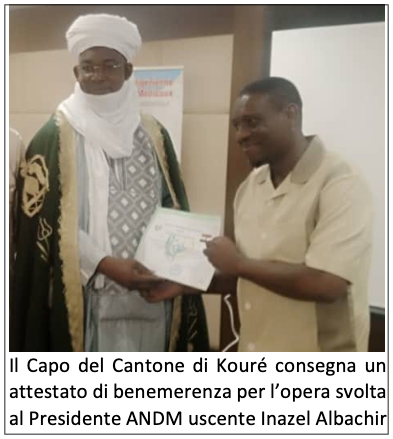 As you can see, the medical delegate is at the heart of the healthcare sector today. This is why ANDM asks for the understanding and goodwill of all partners in order to achieve these goals. In particular, we expect from our Ministry of Supervision greater diligence in the management and treatment of the files presented in the context of the registration of medical products. Greater ease in providing information in relation to files will allow us to move forward. In fact, there are files for which we have been waiting for marketing authorizations (AMMs) since 2017.
As you can see, the medical delegate is at the heart of the healthcare sector today. This is why ANDM asks for the understanding and goodwill of all partners in order to achieve these goals. In particular, we expect from our Ministry of Supervision greater diligence in the management and treatment of the files presented in the context of the registration of medical products. Greater ease in providing information in relation to files will allow us to move forward. In fact, there are files for which we have been waiting for marketing authorizations (AMMs) since 2017.
We would therefore like to see the drug approval process reviewed and streamlined in order to allow for the availability of new drugs. We understand state supervision, which guarantees the supply of medicines whose quality, safety and efficacy should be beyond doubt. But we ask for timeliness in the examination of our files and greater communication with the medical delegates.
By Aïchatou Hamma Wakasso (onep)
Office National d'edition et de la press – 26 August 2022
Note: The inhabitants of Niger are called "Nigerians", Nigerians are the inhabitants of Nigeria. It owes its name to the Niger River which flows through it. The capital is Niamey, in the southwest of the country. Niger, the Sahelian state par excellence, is facing various risks and a high frequency of drought, famine, locust invasions, floods, cholera and meningitis epidemics, political instability and jihadist terrorism (Boko Haram) and violent conflicts. These risks are sometimes concomitant. According to the United Nations' annual Human Development Index, there are only three doctors for every 100,000 people in Niger. Only 16% of the 600,000 Nigerien babies born each year are attended by a professional midwife. The 20% of these children are expected to die before the age of 5, and half of these deaths are caused by malaria. According to UN data, in March 2022 Niger was hosting about 250,000 refugees and more than 276,000 displaced people. The strong demographic increase (over 22 million inhabitants) fuels an intense flow of emigration towards Europe which is added to the flows from sub-Saharan Africa.
According to the Foreign Ministry Italian, the Sahel region is in fact the southern border of Europe and assumes strategic value for Italy in terms of security, management of the migratory phenomenon and the fight against illicit trafficking favored by the fragile economic and institutional fabric.
Doctors without Borders and other humanitarian organizations are active in Niger

